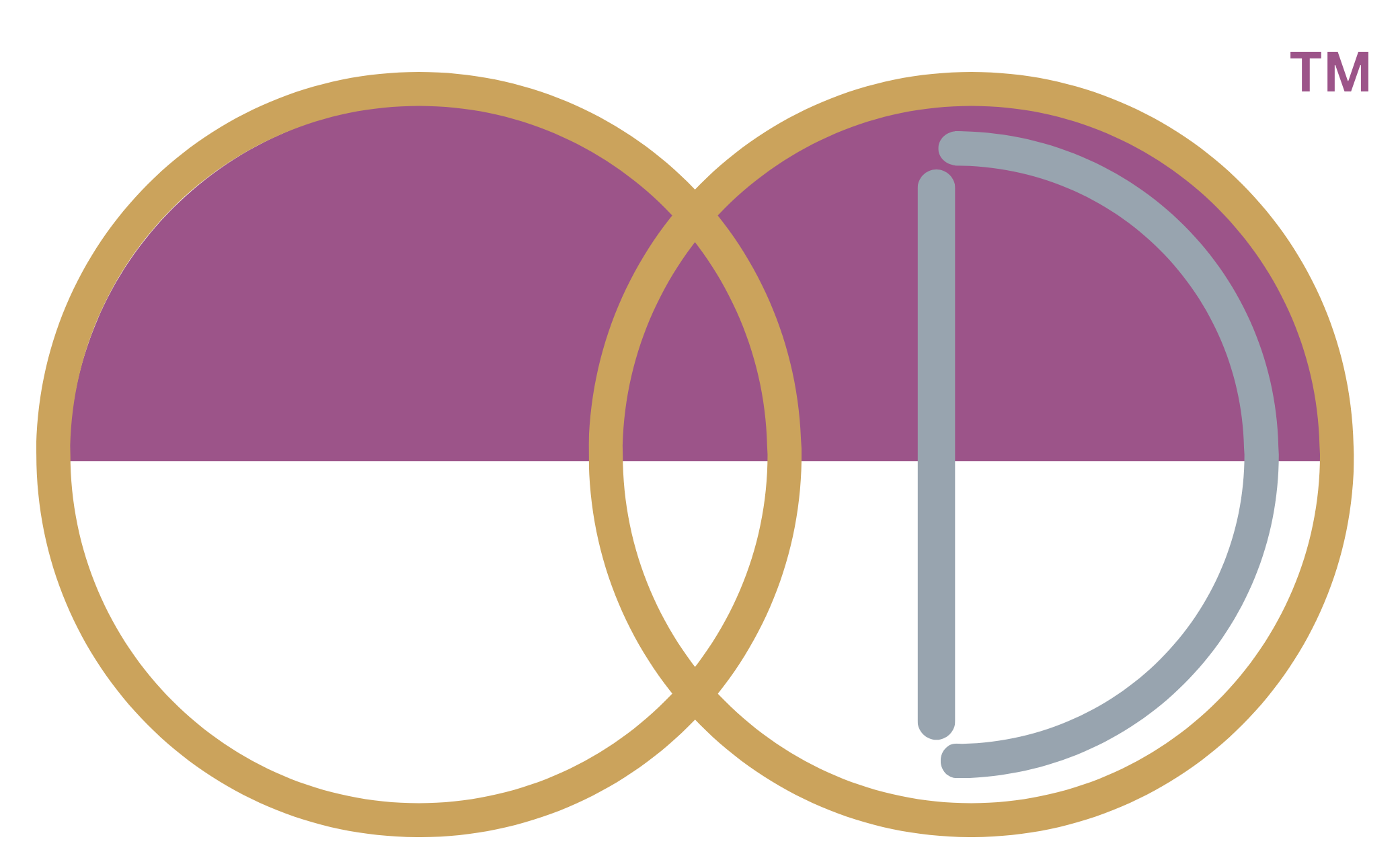Can Opposite-Sex Friendships Hurt Your Marriage?
Can you have friends of the opposite sex when you’re married?
It’s one of the most common (and complicated) relationship questions couples face — and the answers aren’t always black and white.
These days, many people get married later in life and bring long-standing friendships with them — including close friends of the opposite sex. Some of those friendships may feel sibling-like and totally harmless.
But once you’re married, what was fine when you were single can look and feel very different.
So… can opposite-sex friendships hurt your marriage?
The short answer: Not always. But they can.
It all depends on boundaries, communication, and your shared vision of what emotional safety looks like.
What You Should Know
1. Clear Boundaries equals Healthy Trust
If you want to protect your marriage, you and your spouse should decide together what’s okay and what’s not when it comes to outside friendships.
Setting these boundaries ahead of time—before there’s tension—shows mutual respect. It’s not about being controlling. It’s about being intentional. Most emotional affairs don’t start as affairs. They start with, “It’s just a friendship,” or “They just get me.”
Boundaries aren’t about fear — they’re about protecting connection. Ironically, the people who think “this would never happen to me” are often the most at risk because they underestimate subtle shifts in emotional intimacy.
2. Be Careful Where You “Do Your Marriage Work”
After a fight with your spouse, it’s tempting to vent to a trusted friend and ask them for advice. But if that friend is of the opposite sex, it can be a slippery slope.
Here’s why: Emotional processing is intimacy. And when you consistently open up more to someone outside your marriage, even unintentionally, it can create a deeper bond with them than with your spouse.
Ask yourself:
- Am I more emotionally vulnerable with my friend than I am with my spouse?
- Do I feel safer talking to them than my spouse?
If the answer is yes, it’s time to reevaluate.
3. Trust Your Spouse’s Intuition About Red Flags
Sometimes, your spouse may notice a boundary crossing before you do — a flirty coworker, a friend who seems a little too emotionally invested, or a social dynamic that feels “off.”
It’s easy to get defensive. But don’t automatically dismiss their gut instinct. You might be too close to see what they’re seeing.
Work environments, travel, and social settings with alcohol can blur lines fast. It’s not about jealousy — it’s about being alert and protecting your marriage from unintentional drift.
4. What Protecting Your Marriage Really Looks Like
At the end of the day, this isn’t just about avoiding temptation — it’s about being proactive in nurturing your relationship.
Talk with your spouse and ask:
- What kinds of boundaries feel respectful to both of us?
- Are there any current friendships we need to revisit?
- How can we make sure we are each other’s first emotional priority?
Strong marriages aren’t built on fear — they’re built on consistent communication, trust, and emotional investment. You Don’t Have to End Every Friendship — But Prioritize Your Marriage. Opposite-sex friendships don’t have to be dangerous. In fact, they can be healthy — if they’re handled with care, honesty, and strong boundaries.
Common Questions About Opposite-Sex Friendships in Marriage
Can opposite-sex friendships be healthy for a marriage?
Yes, they can be healthy if both partners communicate openly and set clear boundaries. Trust and mutual respect are key to maintaining a balanced relationship.
What boundaries should be set for opposite-sex friendships?
Boundaries should include clear communication about the nature of the friendship, time spent together, and ensuring your partner is comfortable with the relationship.
How can I discuss concerns about my partner's opposite-sex friend?
Approach the conversation with empathy and openness. Express your feelings without accusations, and work together to find a solution that respects both partners’ comfort levels.
Is it normal to feel jealous of an opposite-sex friend?
Feeling jealous is a natural emotion. It’s important to address these feelings with your partner and explore the root cause to prevent misunderstandings.
How can opposite-sex friendships enhance our marriage?
These friendships can offer diverse perspectives and support, enriching your relationship by broadening your social network and understanding of different viewpoints.
Should we have joint friendships with opposite-sex individuals?
Having joint friendships can strengthen your bond as a couple and ensure transparency, allowing both partners to feel included and valued.
What role does trust play in managing these friendships?
Trust is foundational. Without it, opposite-sex friendships can become a source of conflict. Building trust involves honesty, transparency, and consistent communication.
How do cultural or religious beliefs affect these friendships?
Beliefs can shape perceptions and expectations. It’s crucial to discuss and align these views with your partner to ensure mutual understanding and respect.
Can opposite-sex friendships lead to emotional affairs?
While possible, emotional affairs can be avoided by maintaining boundaries, prioritizing your marriage, and ensuring your partner feels secure and valued.
What Couples Are Saying
James & Emily
Navigating opposite-sex friendships has strengthened our trust and communication. We learned to set boundaries that respect each other and our marriage.
Michael & Sarah
Understanding each other’s comfort levels with opposite-sex friends was crucial. It brought us closer and made our bond stronger.
David & Rachel
Having open discussions about our friendships has been a game-changer. It reinforced our commitment and respect for one another.
Key Insights for Couples
Healthy Boundaries
Establish clear boundaries that honor your marriage and respect your partner’s feelings.
Open Communication
Regularly discuss your friendships with your spouse to ensure transparency and trust.
Reflect on Your Friendships
Take a moment to evaluate how your friendships influence your marriage. Are they enhancing or challenging your relationship?

